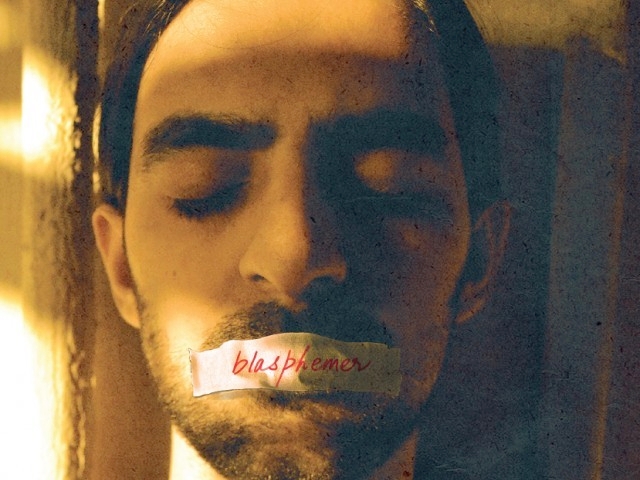14/06/2011
Pakistani terrorists threaten Ahmadi community
Islamabad, June 14 (IANS) Pakistani terrorists have issued a hit-list of prominent businessmen from the Ahmadi community, saying those who ‘misguide’ the country would be punished with death.
Terrorists have begun distributing pamphlets that say they would start ‘target killings’ of prominent members of the Ahmadi community. The attacks would be launched in Faisalabad, the Daily Times reported.
The Ahmadiyya is an Islamic religious movement founded near the end of the 19th century, originating with the life and teachings of Mirza Ghulam Ahmad (1835-1908). The followers of the Ahmadiyya sect are referred to as Ahmadis or Ahmadi Muslims.
Sources in law enforcement agencies said different terrorist outfits have joined hands against the Ahmadi community.
The outfits said the Ahmadis of the country were involved in conspiracies against Islam and Pakistan.
The pamphlets state that the act of killing an Ahmadi made an individual a ‘holy warrior’ and the person who would do so ‘would also be blessed by the Holy Prophet on the Day of Judgement’, according to the daily.
‘O Muslim brothers. There are some people among us who are misguiding us and their punishment is death,’ said one of the pamphlets, while another asked if there was anybody who had the courage to teach the Ahmadis a lesson.
One of the pamphlets was distributed by an extremist group that calls itself All Pakistan Students Khatam-e-Nabuwat Federation.
A few Ahmadis told the Daily Times they had been victims of constant persecution by terrorists for decades.
Asian Human Rights Commission Representative Baseer Naveed said it was a matter of serious concern that such pamphlets were being distributed.
Naveed said the government bothered to take steps only after people actually start getting murdered.
Terrorists have begun distributing pamphlets that say they would start ‘target killings’ of prominent members of the Ahmadi community. The attacks would be launched in Faisalabad, the Daily Times reported.
The Ahmadiyya is an Islamic religious movement founded near the end of the 19th century, originating with the life and teachings of Mirza Ghulam Ahmad (1835-1908). The followers of the Ahmadiyya sect are referred to as Ahmadis or Ahmadi Muslims.
Sources in law enforcement agencies said different terrorist outfits have joined hands against the Ahmadi community.
The outfits said the Ahmadis of the country were involved in conspiracies against Islam and Pakistan.
The pamphlets state that the act of killing an Ahmadi made an individual a ‘holy warrior’ and the person who would do so ‘would also be blessed by the Holy Prophet on the Day of Judgement’, according to the daily.
‘O Muslim brothers. There are some people among us who are misguiding us and their punishment is death,’ said one of the pamphlets, while another asked if there was anybody who had the courage to teach the Ahmadis a lesson.
One of the pamphlets was distributed by an extremist group that calls itself All Pakistan Students Khatam-e-Nabuwat Federation.
A few Ahmadis told the Daily Times they had been victims of constant persecution by terrorists for decades.
Asian Human Rights Commission Representative Baseer Naveed said it was a matter of serious concern that such pamphlets were being distributed.
Naveed said the government bothered to take steps only after people actually start getting murdered.
©Indo-Asian News Service
URL: http://news.in.msn.com/international/article.aspx?cp-documentid=5208767
URL: http://news.in.msn.com/international/article.aspx?cp-documentid=5208767










 A cursory view of the whole debate about the Blasphemy Law shows that there are many saner and more intellectually sound Muslims who do not support the existing draconian law. Except for a small extremist coterie of bigots, many politicians are all for removing Section 295-B and C
A cursory view of the whole debate about the Blasphemy Law shows that there are many saner and more intellectually sound Muslims who do not support the existing draconian law. Except for a small extremist coterie of bigots, many politicians are all for removing Section 295-B and C







